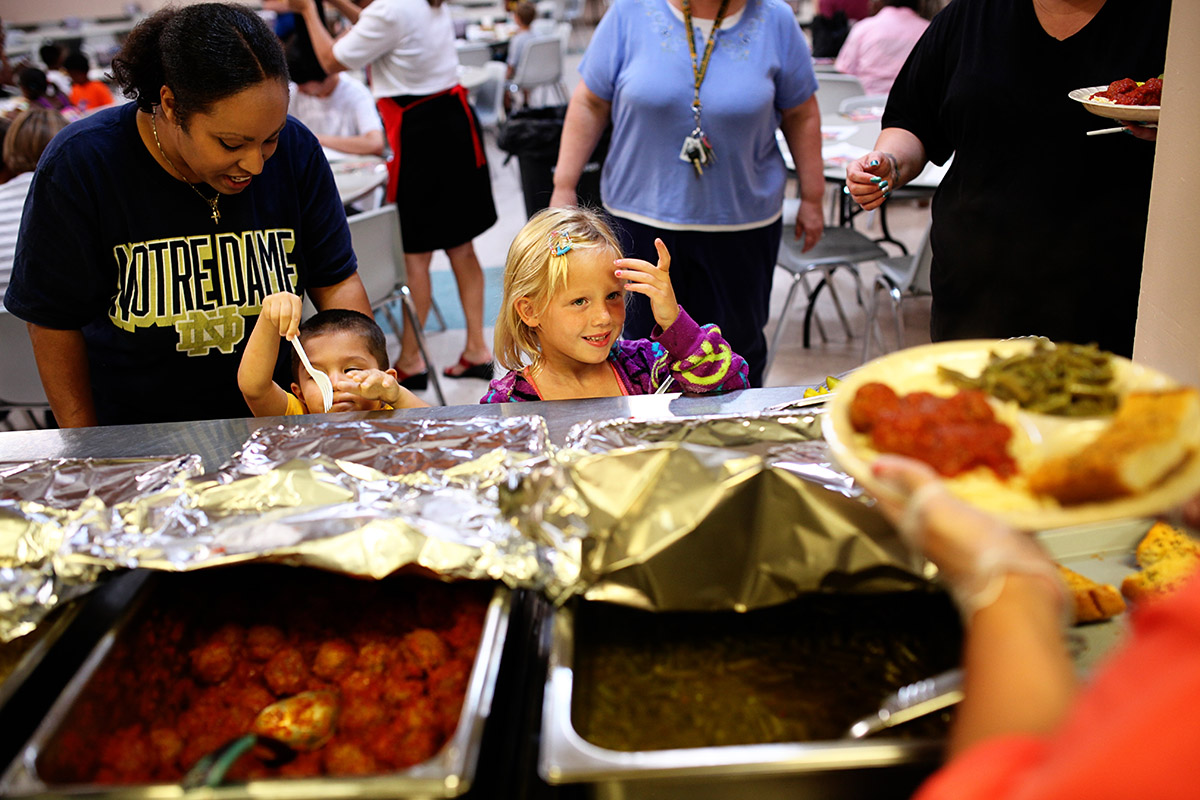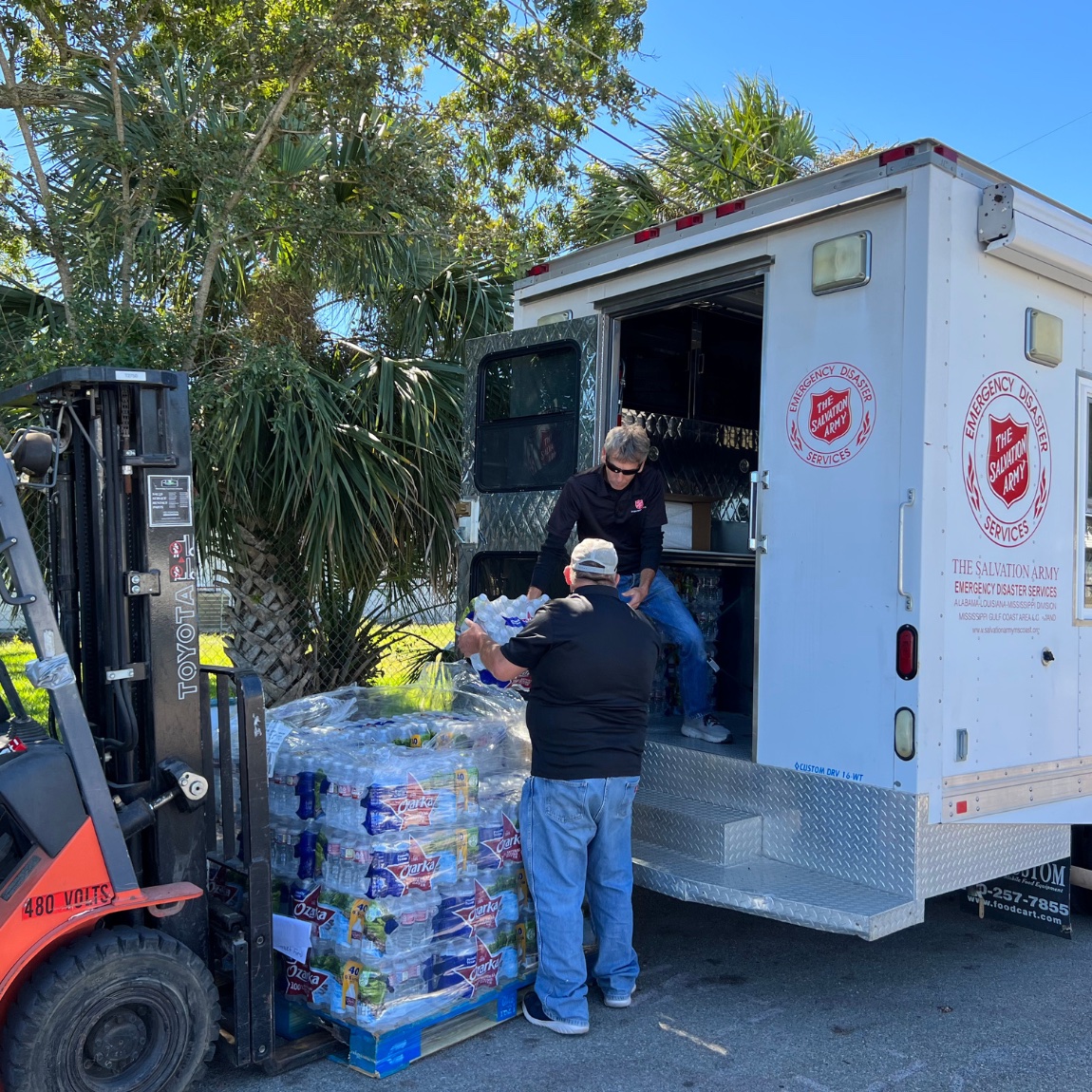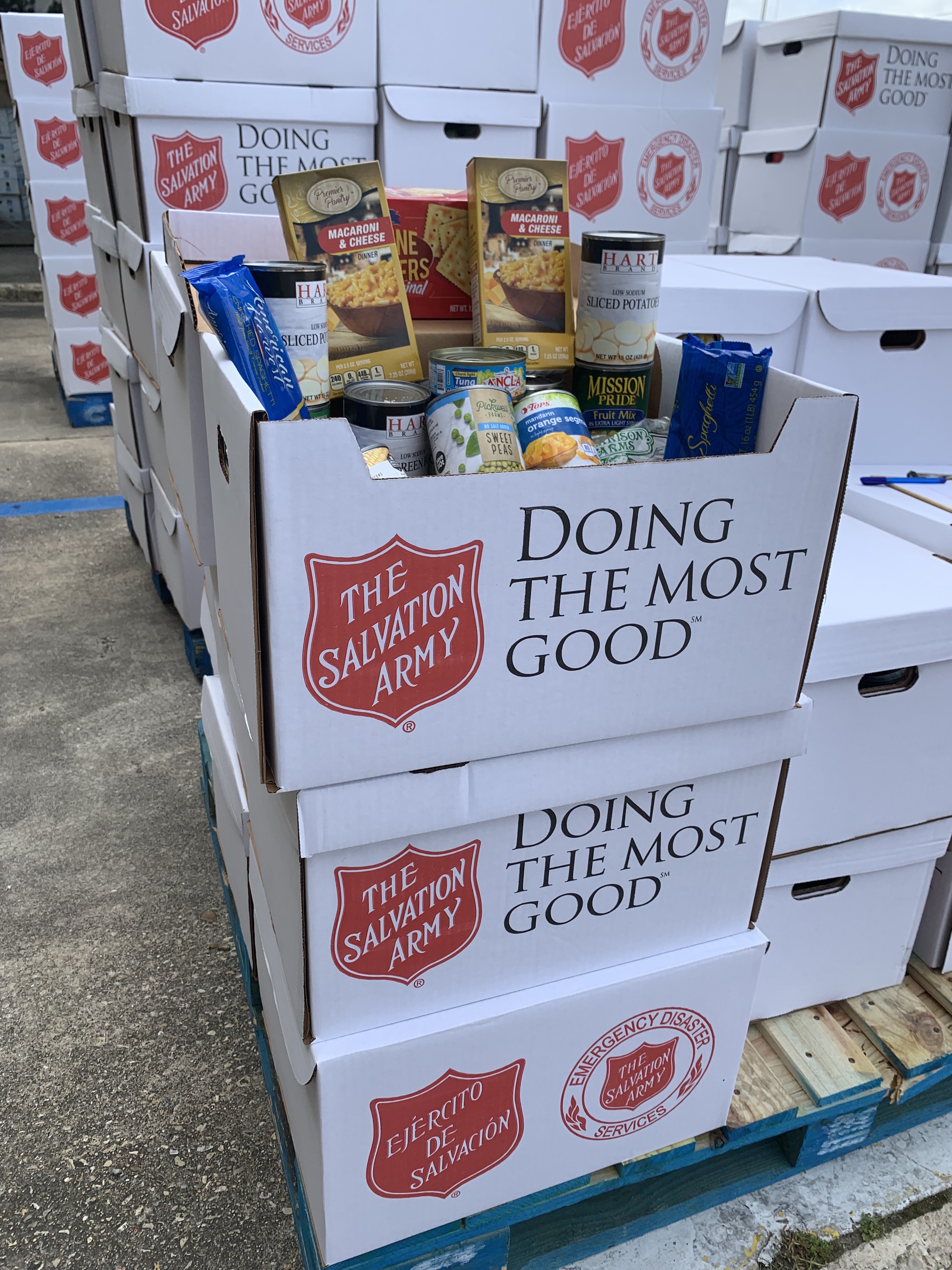-
Home
Never Miss a Chance to Do the Most Good
Please enter your name, email and zip code below to sign up!
-
Stories
-
Devotionals
Never Miss a Chance to Do the Most Good
Please enter your name, email and zip code below to sign up!
Never Miss a Chance to Do the Most Good
Please enter your name, email and zip code below to sign up!
-
Devotionals
-
Who We Are
-
2024 Annual Report
Never Miss a Chance to Do the Most Good
Please enter your name, email and zip code below to sign up!
-
Careers
Never Miss a Chance to Do the Most Good
Please enter your name, email and zip code below to sign up!
Never Miss a Chance to Do the Most Good
Please enter your name, email and zip code below to sign up!
-
2024 Annual Report
-
How We Help
-
Brighten the Holidays
Never Miss a Chance to Do the Most Good
Please enter your name, email and zip code below to sign up!
-
Camp Hidden Lake
Never Miss a Chance to Do the Most Good
Please enter your name, email and zip code below to sign up!
-
Combat Substance Abuse
Never Miss a Chance to Do the Most Good
Please enter your name, email and zip code below to sign up!
-
Cure Hunger
Never Miss a Chance to Do the Most Good
Please enter your name, email and zip code below to sign up!
-
Disaster Services
Never Miss a Chance to Do the Most Good
Please enter your name, email and zip code below to sign up!
-
Empower Youth
Never Miss a Chance to Do the Most Good
Please enter your name, email and zip code below to sign up!
-
Feeding Programs
Never Miss a Chance to Do the Most Good
Please enter your name, email and zip code below to sign up!
-
Overcome Poverty
Never Miss a Chance to Do the Most Good
Please enter your name, email and zip code below to sign up!
-
Summer Camp
Never Miss a Chance to Do the Most Good
Please enter your name, email and zip code below to sign up!
-
Provide Housing
Never Miss a Chance to Do the Most Good
Please enter your name, email and zip code below to sign up!
-
Serve Veterans
Never Miss a Chance to Do the Most Good
Please enter your name, email and zip code below to sign up!
-
Share God's Love
Never Miss a Chance to Do the Most Good
Please enter your name, email and zip code below to sign up!
Never Miss a Chance to Do the Most Good
Please enter your name, email and zip code below to sign up!
-
Brighten the Holidays
-
Ways to Give
-
Sustainer Program
Never Miss a Chance to Do the Most Good
Please enter your name, email and zip code below to sign up!
-
Planned Giving
Never Miss a Chance to Do the Most Good
Please enter your name, email and zip code below to sign up!
-
Volunteer
Never Miss a Chance to Do the Most Good
Please enter your name, email and zip code below to sign up!
Never Miss a Chance to Do the Most Good
Please enter your name, email and zip code below to sign up!
-
Sustainer Program
-
Contact Us
-
Join Our Online Community
Never Miss a Chance to Do the Most Good
Please enter your name, email and zip code below to sign up!
-
Locations
Never Miss a Chance to Do the Most Good
Please enter your name, email and zip code below to sign up!
-
Prayer Requests
Never Miss a Chance to Do the Most Good
Please enter your name, email and zip code below to sign up!
Never Miss a Chance to Do the Most Good
Please enter your name, email and zip code below to sign up!
-
Join Our Online Community
-
Need Help?
Never Miss a Chance to Do the Most Good
Please enter your name, email and zip code below to sign up!
Never Miss a Chance to Do the Most Good
Please enter your name, email and zip code below to sign up!
Never Miss a Chance to Do the Most Good
Please enter your name, email and zip code below to sign up!
Never Miss a Chance to Do the Most Good
Please enter your name, email and zip code below to sign up!

Cure Hunger
“Hungry” is no way to spend childhood. Every day The Salvation Army helps cure hunger by providing nutritious meals to neighbors in need.
GiveCure Hunger at The Salvation Army Alabama, Louisiana and Mississippi Division. Help Families in need throughout Alabama, Louisiana, and Mississippi by donating to your local Salvation Army food pantry location. Providing access to our food pantry and offering resources for food insecurity in Alabama, Louisiana, and Mississippi.
Each night in the United States, 17.4 million families go to bed hungry.
An additional 6.9 million families live on the verge of food insecurity. That means they don’t always know where their next meal is coming from. Cure Hunger at The Salvation Army Alabama, Louisiana and Mississippi Division. Help Families in need throughout Alabama, Louisiana, and Mississippi by donating to your local Salvation Army food pantry location. Providing access to our food pantry and offering resources for food insecurity in Alabama, Louisiana, and Mississippi.
In our fight against hunger and food insecurity, we provide over 56 million meals annually through:
Food Pantries
By supplying free fresh produce, canned goods, and healthy frozen items, our food pantries provide valuable meal supplementation while helping those in need maintain their independence and dignity. These food pantries are especially crucial in “food deserts,” where entire communities experience food insecurity due to lack of grocery store access.
Meal Programs
From sit-down programs that provide nutritious hot meals and valuable human interaction, to mobile meals delivering sustenance to those who cannot reach a food distribution center, to feeding programs across our hundreds of shelters and residential facilities, we help the most vulnerable members of society escape the daily burdens of food insecurity.
Community Gardens
Each Salvation Army community garden provides a no-cost, renewable source of produce as well as vital work
structure for those involved in the cultivation and care of the food. These sustainable programs present a viable long-term solution to
chronic food insecurity while offering educational opportunities for children and adults alike.
Fight Against Food Insecurity
Someone with food insecurity experiences a disruption of their food intake or eating patterns because of a lack of money and other resources. According to a 2017 study by the United States Department of Agriculture (USDA), households with very low food security reported the following conditions in the annual food security survey:
- 99% reported having worried that their food would run out before they got money to buy more.
- 97% reported that the food they bought just did not last, and they did not have money to get more.
- 95% reported that they could not afford to eat balanced meals.
- 96% reported that an adult had cut the size of meals or skipped meals because there was not enough money for food, and 88% reported that this had occurred in three or more months.
- 93% of respondents reported that they had eaten less than they felt they should because there was not enough money for food.
- 68% of respondents reported that they had been hungry but did not eat because they could not afford enough food.
- 48% of respondents reported having lost weight because they did not have enough money for food.
- 30% reported that an adult did not eat for an entire day because there was not enough money for food, and 24% reported that this had occurred in three or more months.
Families Face the Greatest Threat
- 19% of all American households with children are food insecure.
- 35% of households headed by single women are food insecure.
- 26% of black non-Hispanic households are food insecure.
- 22% of Hispanic households are food insecure.
Serving All Without Discrimination
In providing its hunger relief programs and services, The Salvation Army is committed to accommodating all those in need without unlawful discrimination or harassment based on age, race, color, religion, sex, national origin, marital status, disability, citizenship, sexual orientation, gender identity, gender expression, or any other characteristic in accordance with our capacity to help.




